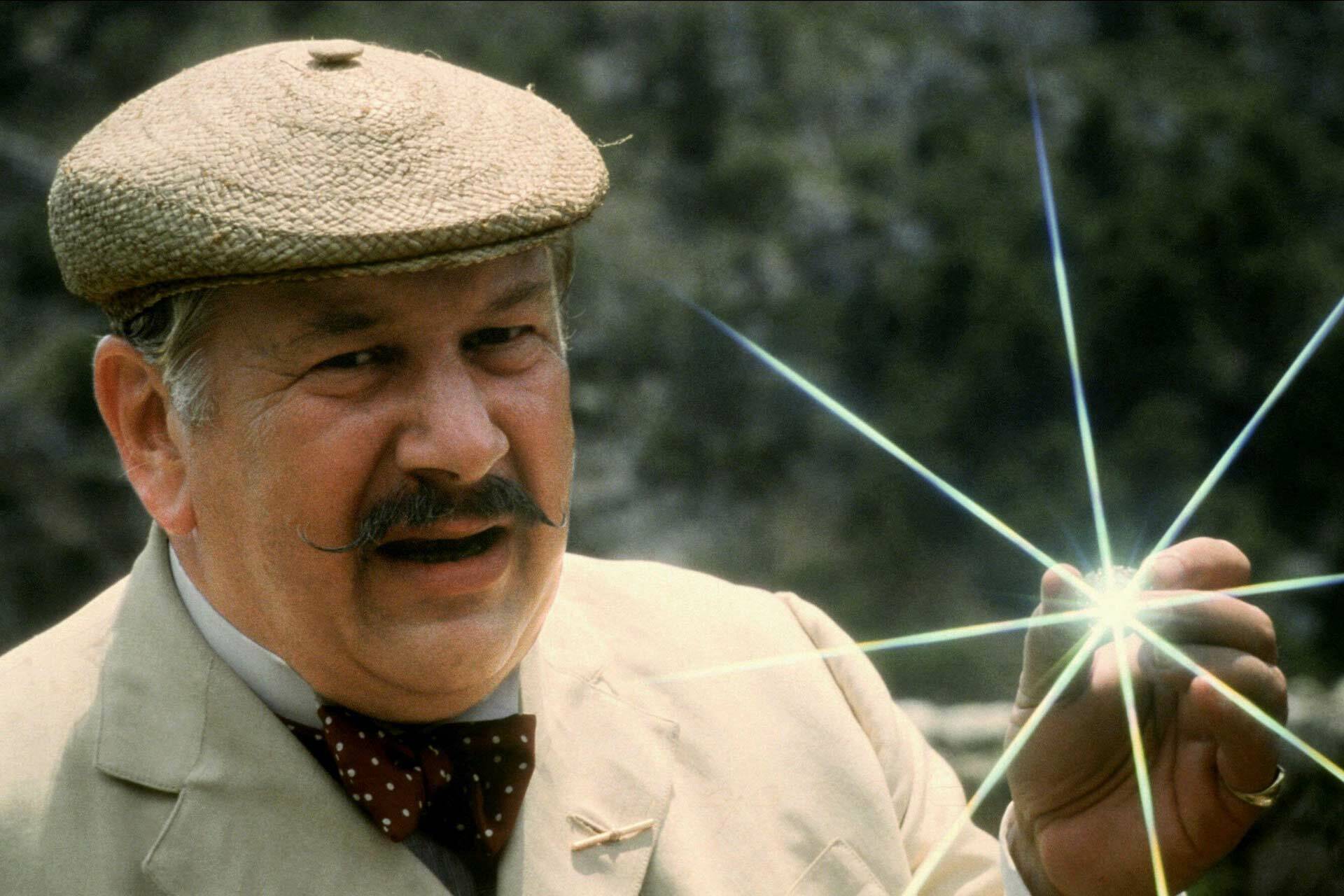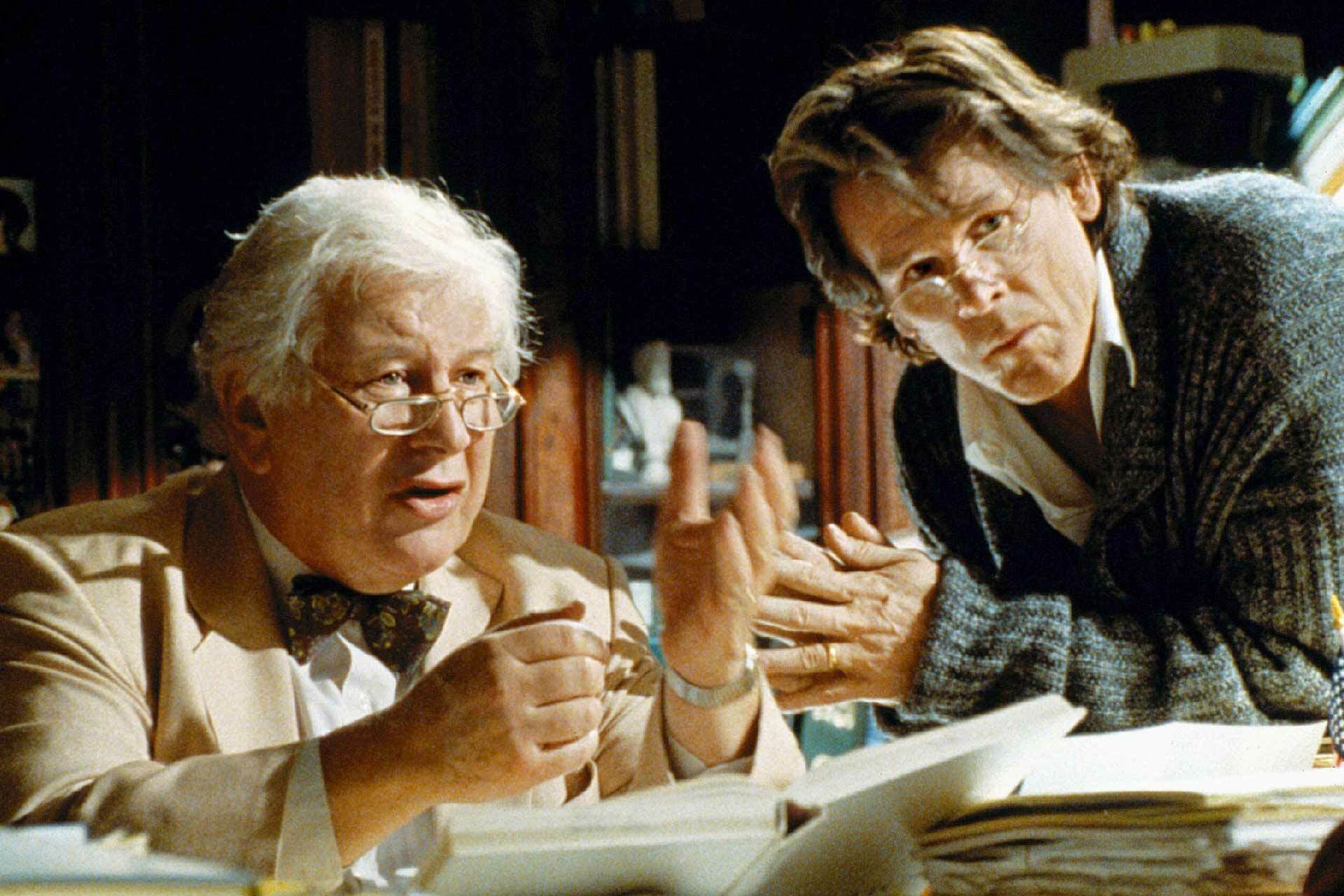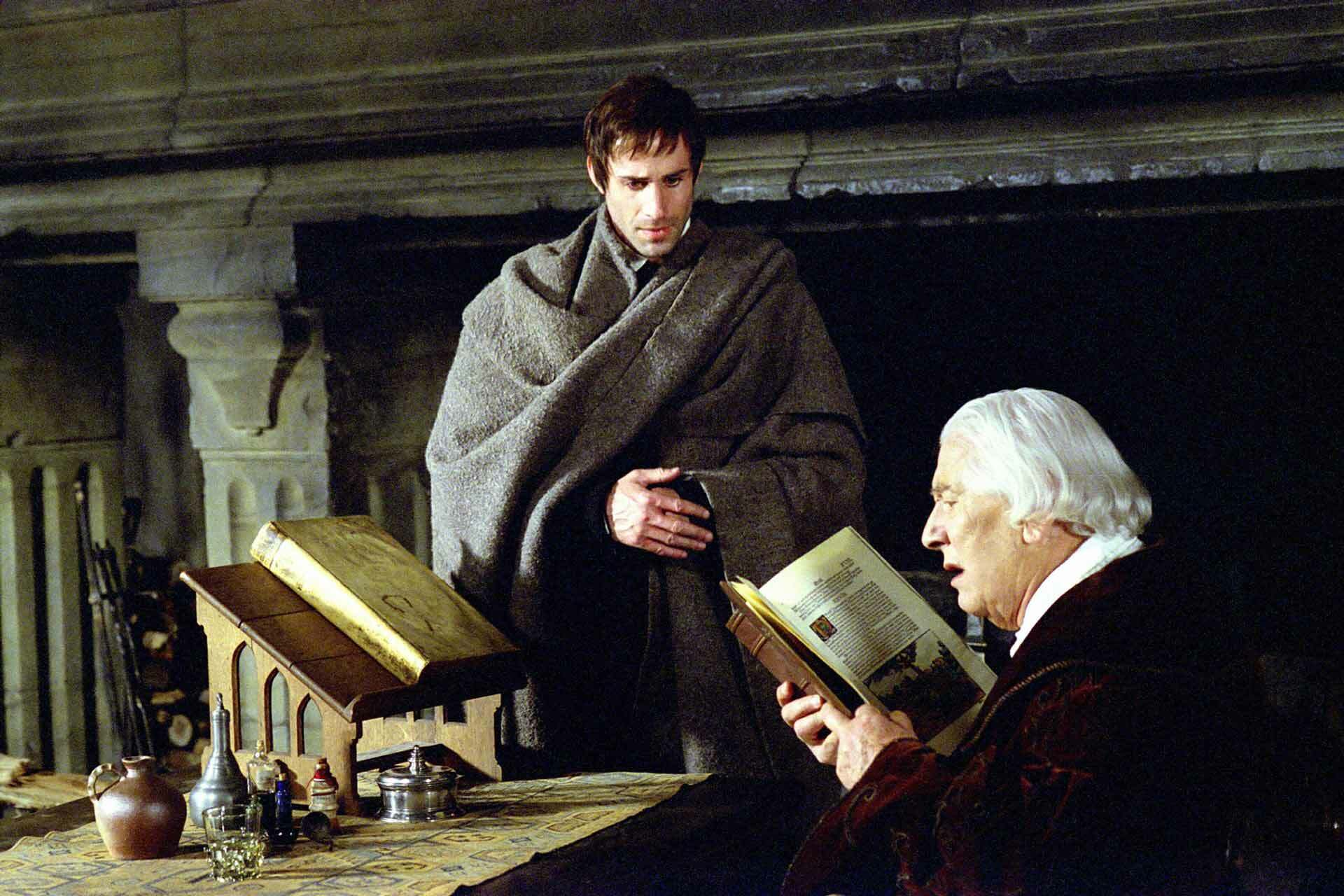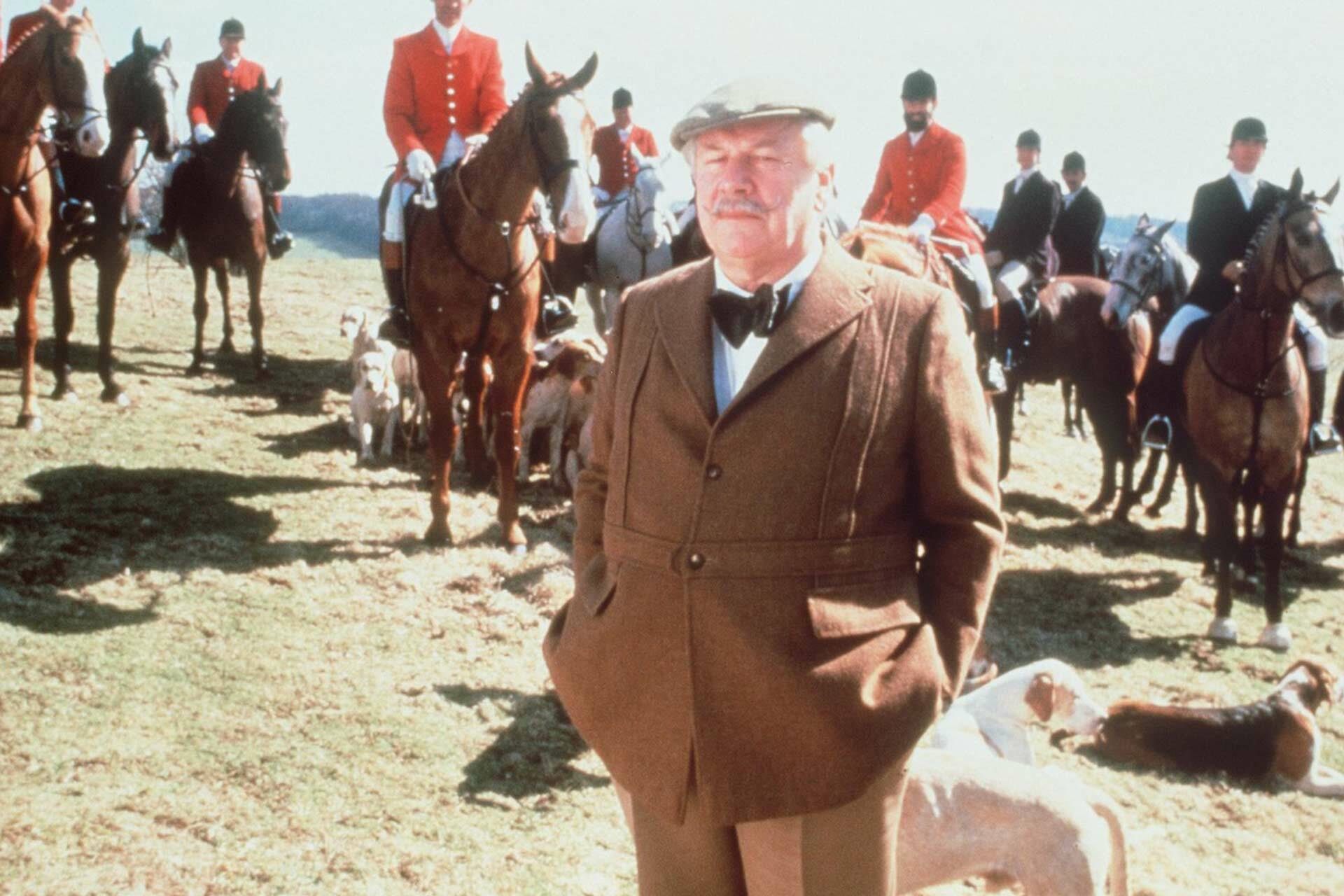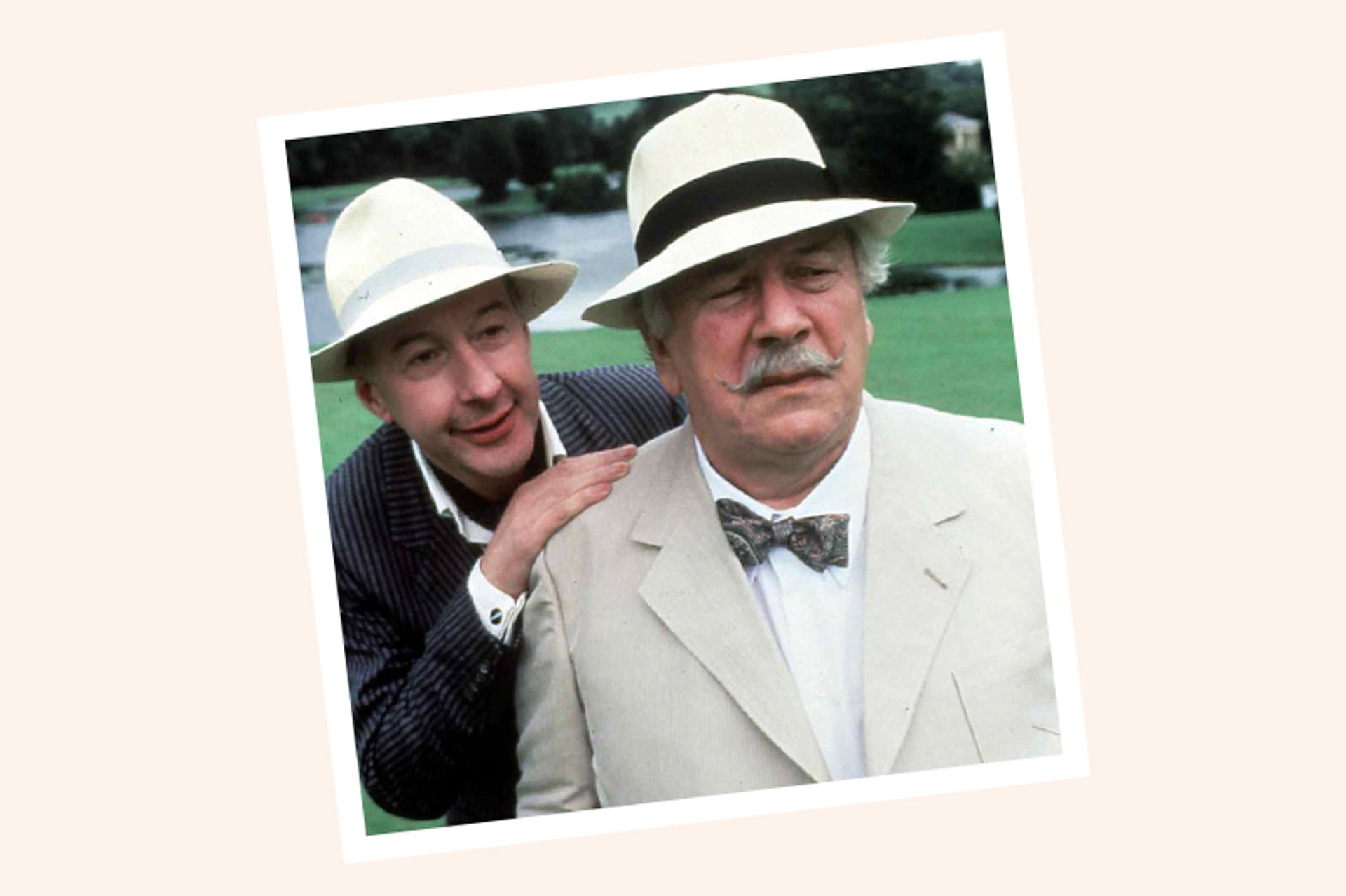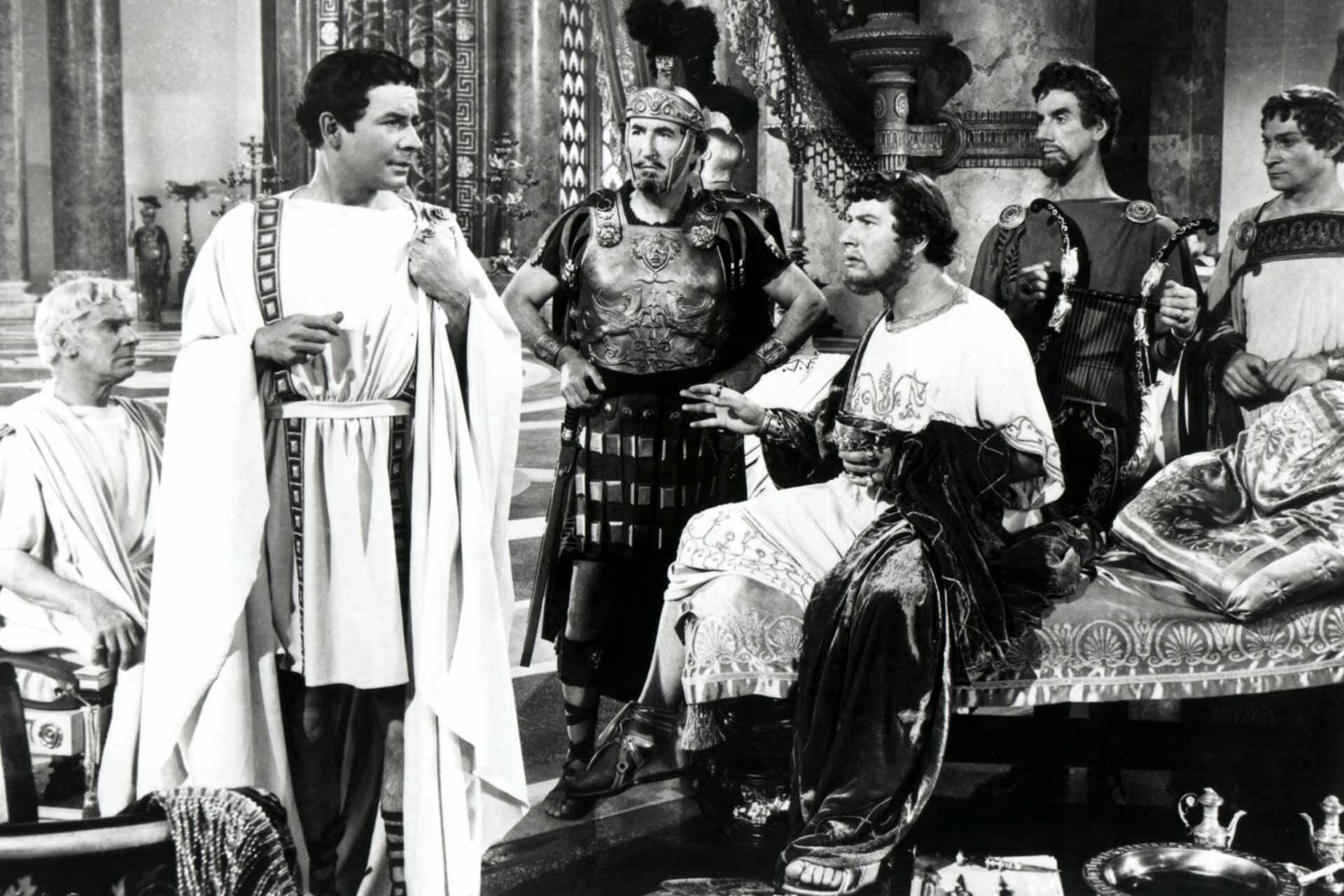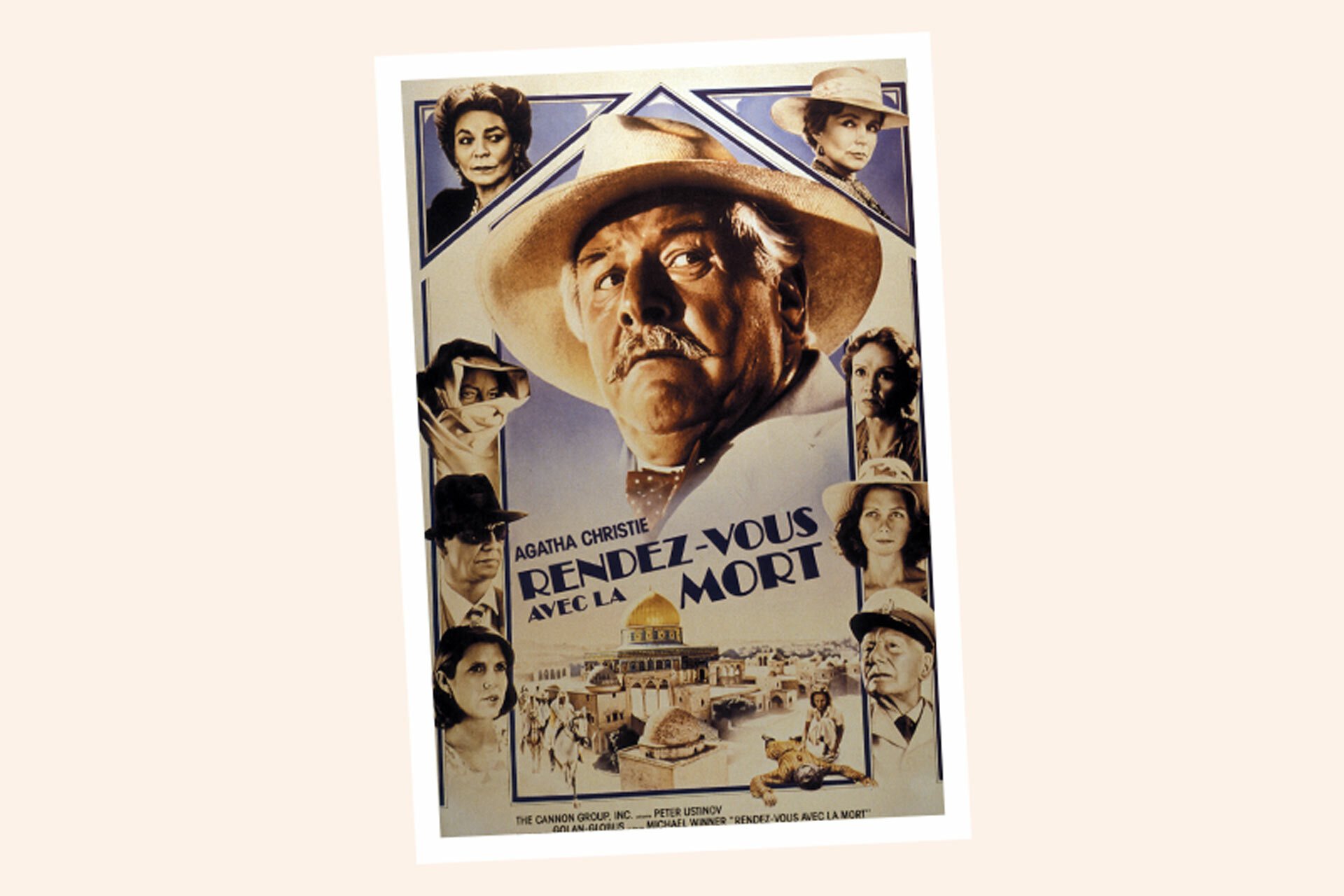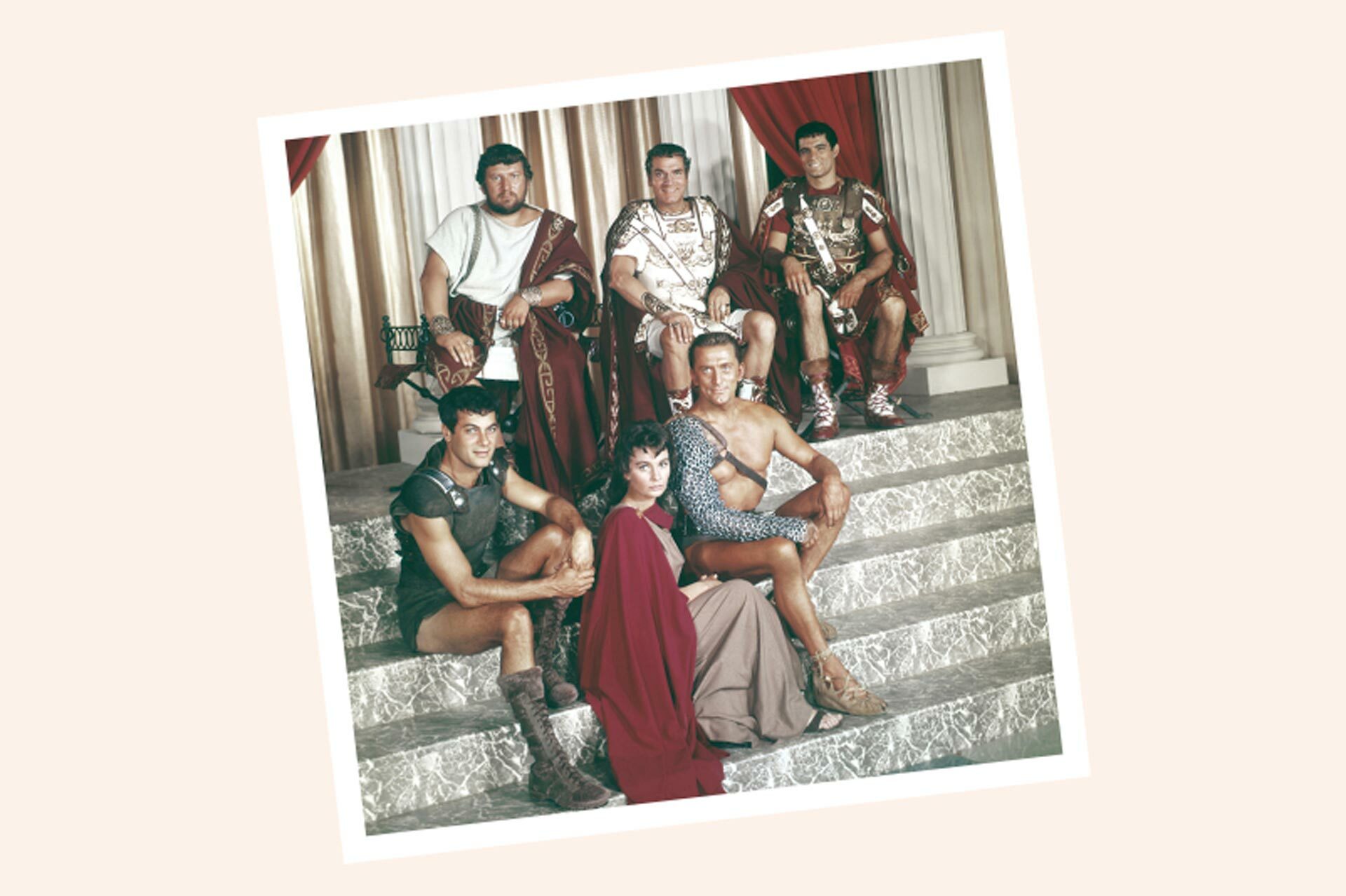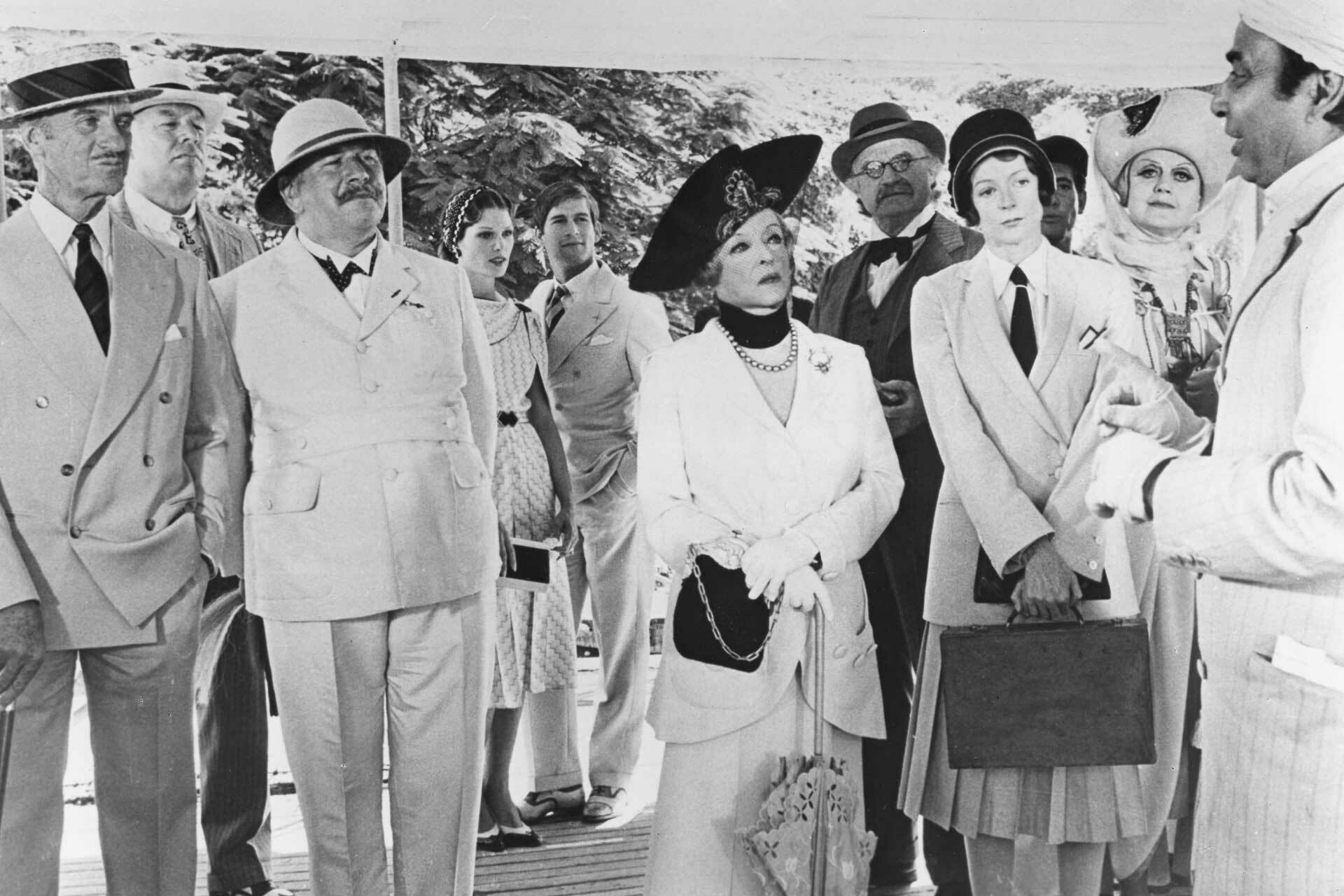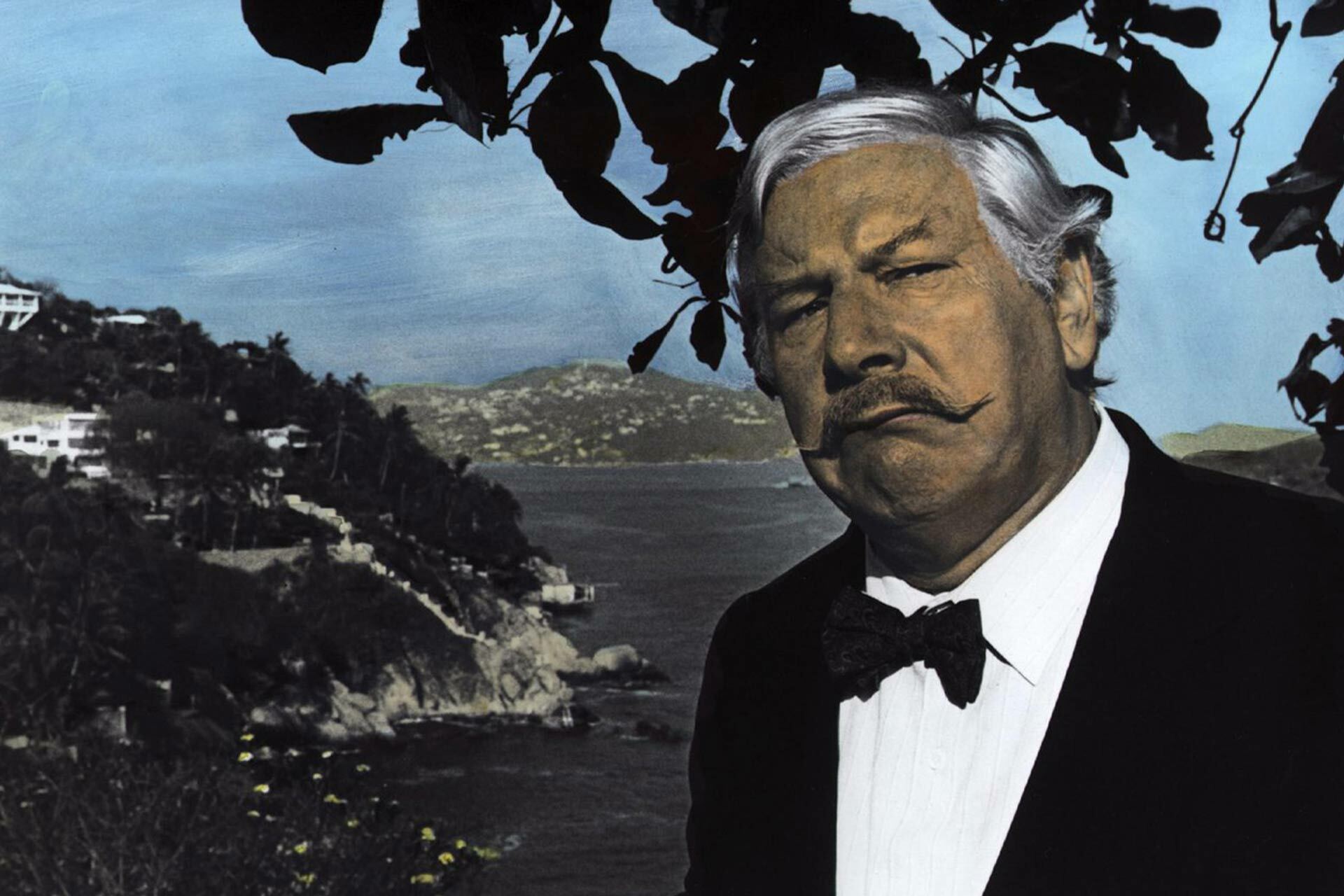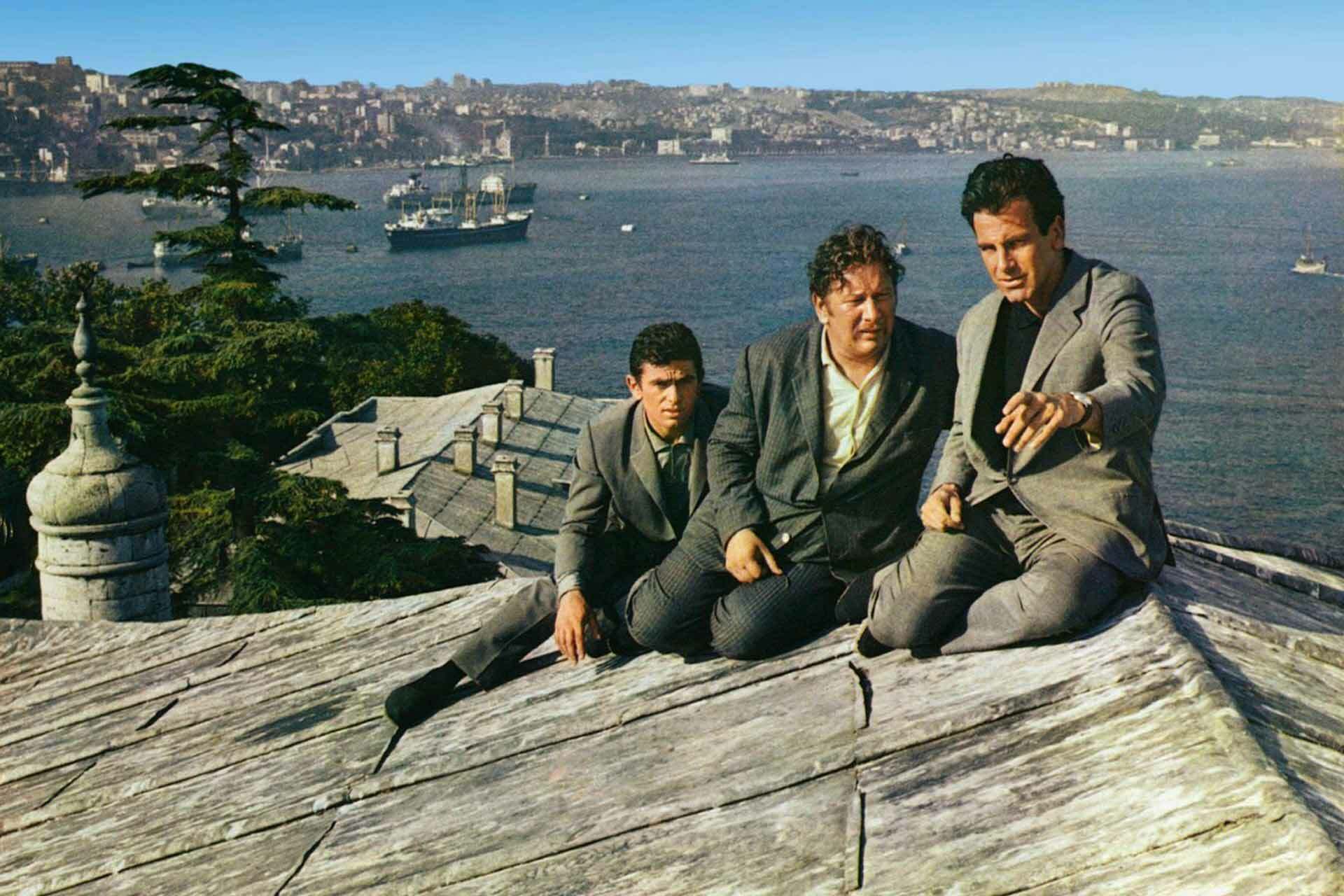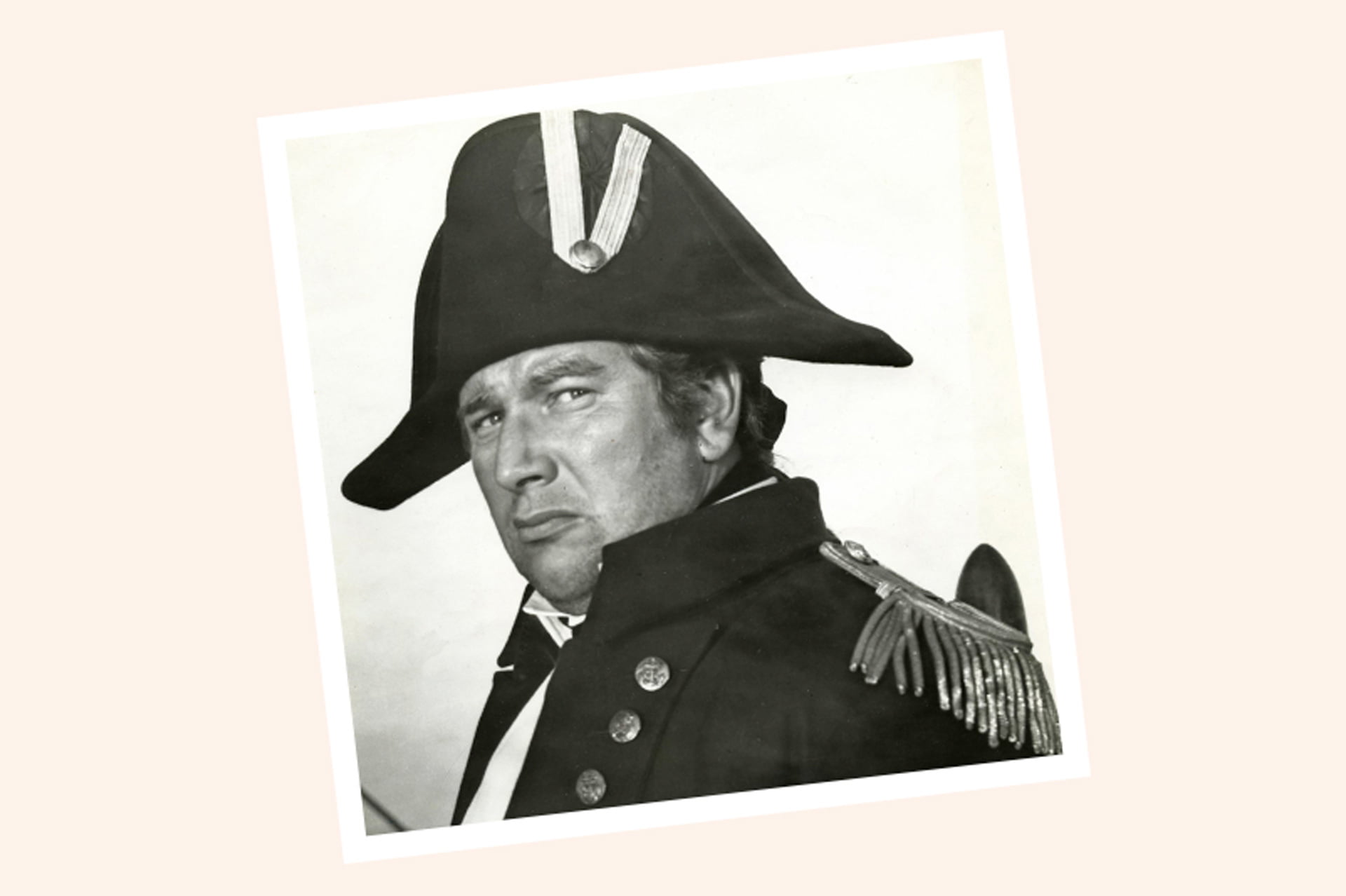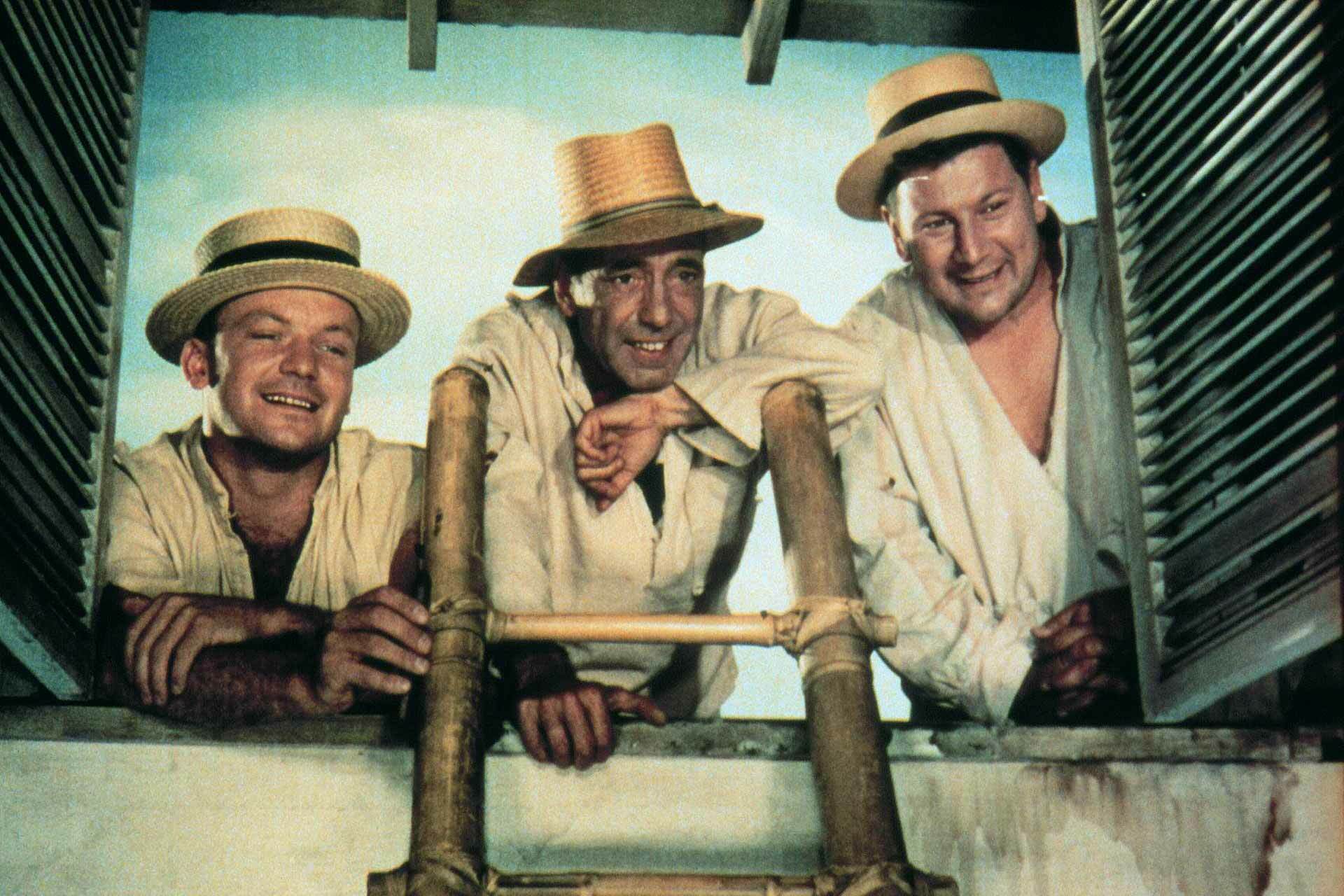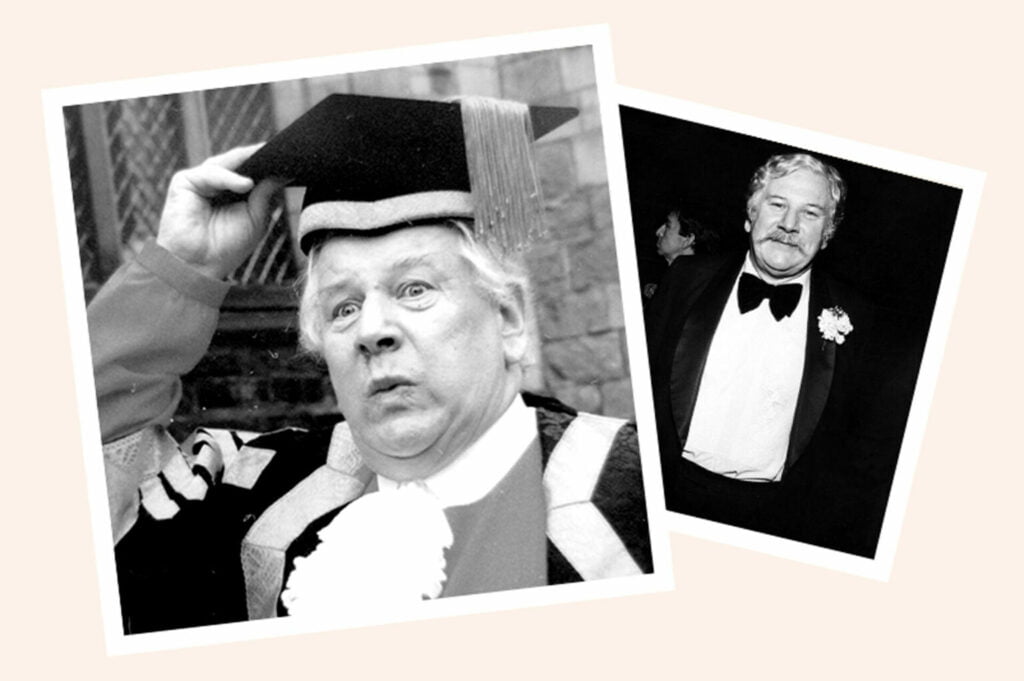
‘ I have Russian, German, Spanish, Italian, French and Ethiopian blood in my veins. ’
Sir Peter Ustinov
A citizen of the world and a true all-rounder.
He was an artist, Oscar-winning actor, writer, director, set designer, storyteller and UNICEF Special Envoy. But above all, he was a man who wanted to make the world a better place with creativity and joy in his heart – and who firmly believed that commitment to a good cause is always worthwhile.
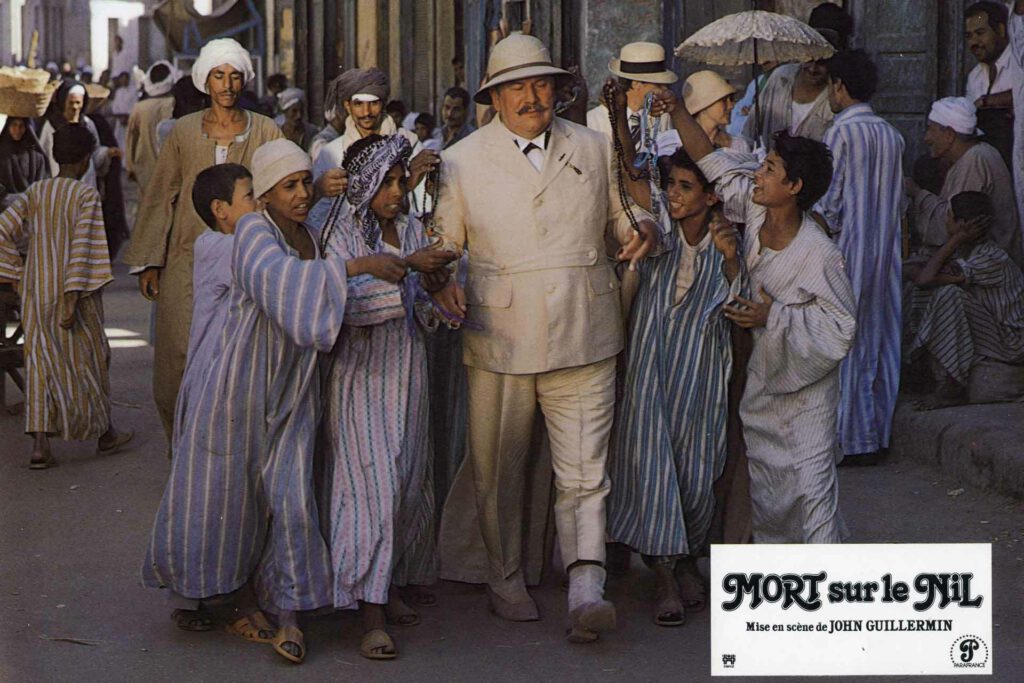
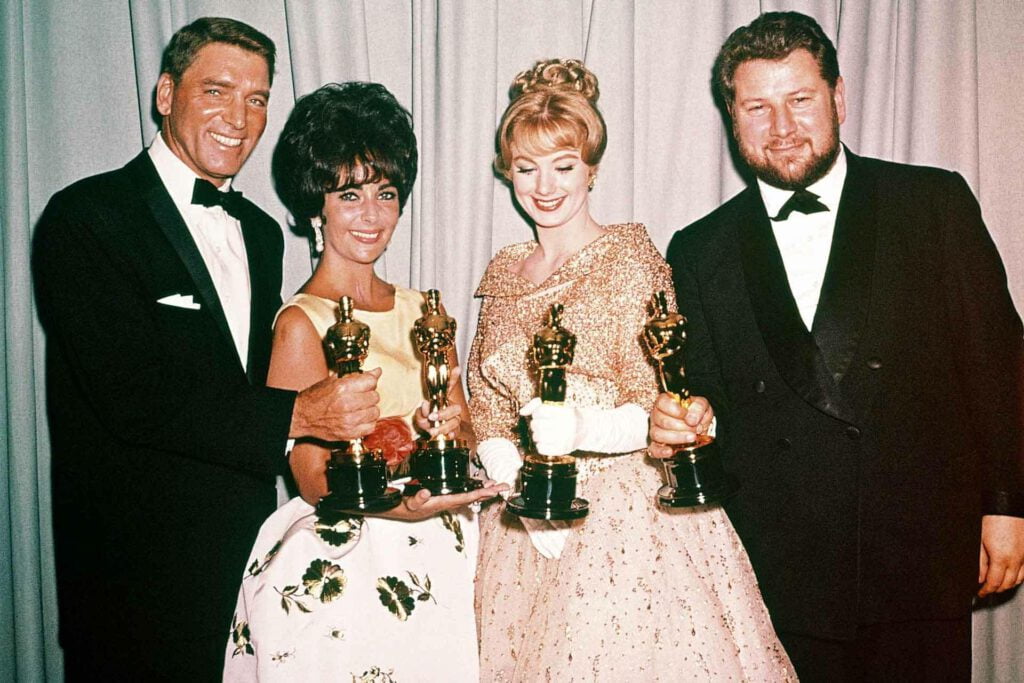
Sir Peter Ustinov
Creative jack-of-all-trades and Oscar winner
Born Peter Alexander Baron von Ustinov in London on 16 April 1921, he celebrated his stage premiere at the age of 17 with the play ‘The Woodchuck’. After numerous theatre engagements towards the end of the 1930s, his first own play ‘House of Regrets’ premiered in 1942. Further successes on the stage came with theatre productions such as ‘The Love of the Four Colonels’ and ‘Romanoff and Juliet’. From the 1940s onwards, Sir Peter Ustinov also appeared regularly on the big screen
- He first gained worldwide recognition as Nero in the monumental film ‘Quo vadis?’.
- In 1961, he received his first Oscar for Best Supporting Actor in ‘Spartacus’.
- His second Oscar followed in 1965 for his performance in the crook comedy ‘Topkapi’.
- As the quirky master detective Hercule Poirot in Agatha Christie adaptations, he has also earned himself a permanent place in the global film memory.
He has also recorded records, amused as an entertainer and impersonator, presented TV documentaries and written over 30 books, including novels, short story collections, travelogues and a cookery book.
Sir Peter Ustinov
Founder of the foundation for a culture of diversity and respect
Throughout his life, he emphatically upheld the conviction that no commitment is ever in vain, both in word and deed. Conscious of his responsibility, he always used his worldwide popularity for a good cause. He helped where help was always most urgently needed: children in need.
Cosmopolitan in thought, action and his own biography, he was committed to a culture of diversity and mutual respect. A culture that he always saw as being jeopardised by an insidious enemy that he had personally declared war on: prejudice. He saw enlightenment, education and promotion as the appropriate means of confronting this enemy. That is why, in 1999, he and his son Igor founded the Sir Peter Ustinov Foundation, which will continue his spirited commitment to global peace, democracy and equal opportunities beyond his lifetime.
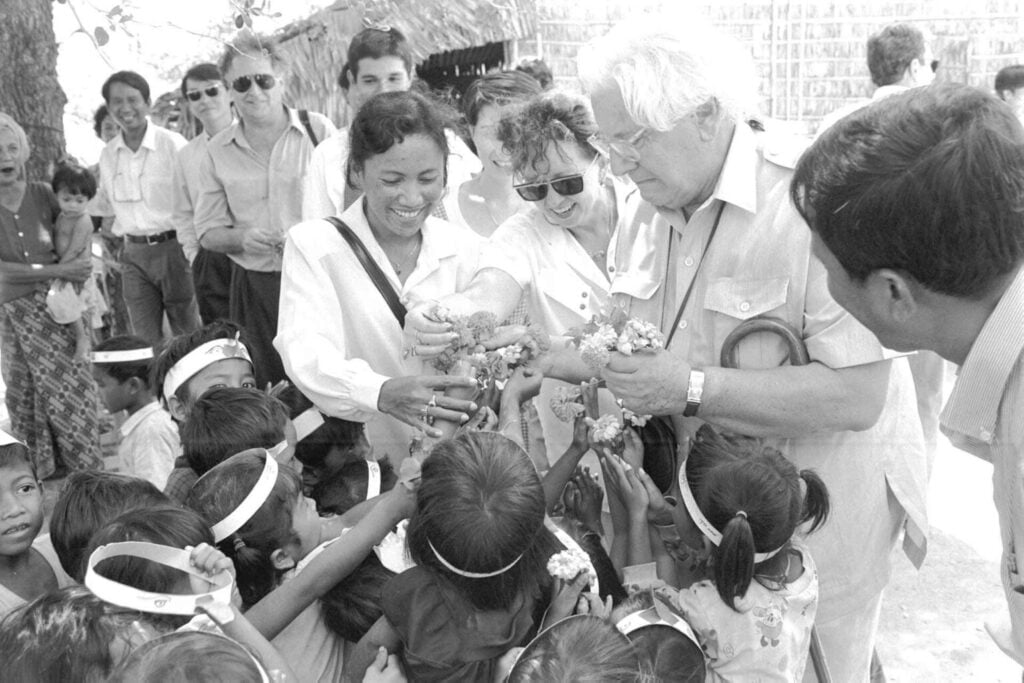
His most important films
